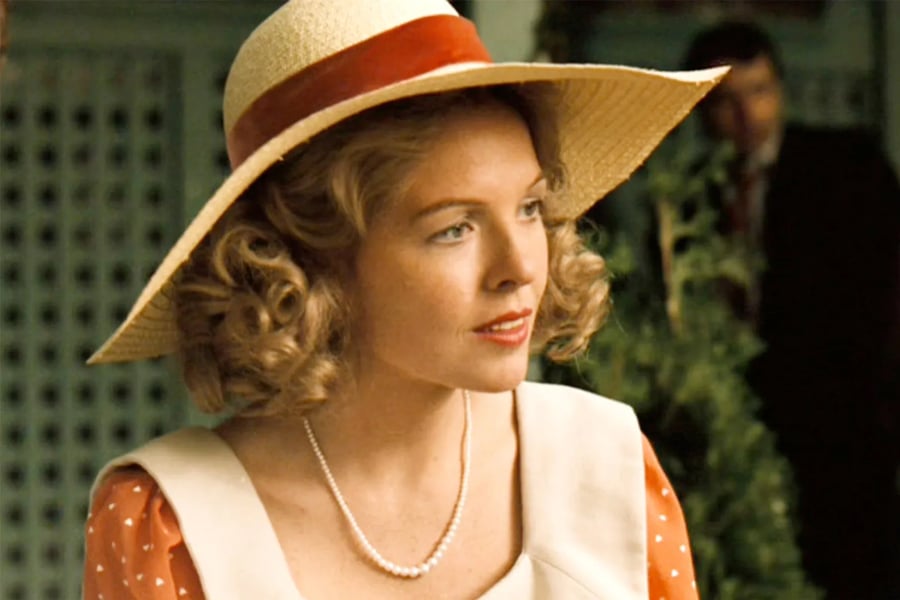Diane Keaton: 10 Essential Movies
From ‘The Godfather’ to ‘Something’s Gotta Give,’ these roles established her as one of the movie’s greatest modern-day actors

CBS/GETTY IMAGES
The original Mafia wife, the O.G. rom-com kook, the early 20th-century feminist author, the late 20th-century modern woman navigating both the tumultuous Me Decade and the you-can-have-it-all 1980s — these roles might have been memorable in the hands of numerous actors. Diane Keaton made them iconic.
From her breakthrough role in The Godfather to her memorable turn as a playwright navigating treacherous romantic waters in Something’s Gotta Give, Keaton — who died yesterday at the age of 79 — never failed to add depth, humanity, and both strength and a sense of vulnerability to every character she played. Here are 10 of our favorite turns from the late, great actor.
Additional reporting by: David Fear, Tim Grierson, Angie Martoccio, Emily Zemler.
From Rolling Stone US












































